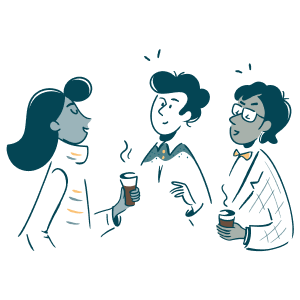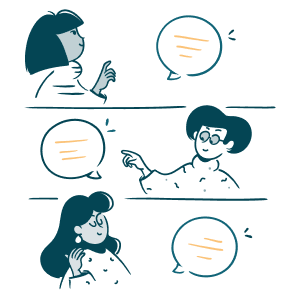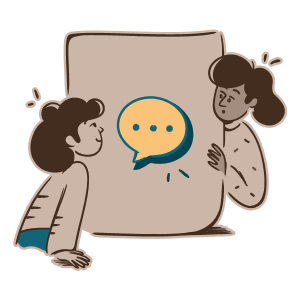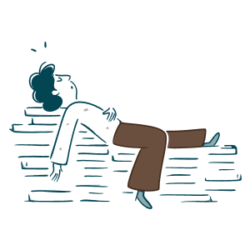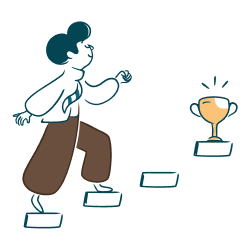ILR PRACTICE
Agency
The influence you exert over your embodied responses.
In the Western world, we are taught that free will and personal choice are the most important things in how you respond to the world.
That’s not actually how behavior works.
It is the collective – not the individual – that forms social habits and enforces acceptable behavior.
While you do have some free will, much of your behavior is embodied responses to the world around you.
While you can exercise agency over embodied responses, doing so requires energy.
Energy comes from your life force.
It is your life force, and that of those around you, which makes language revitalization possible.
To stop speaking Indigenous languages isn’t a decision our ancestors made. It was violently enforced behavior change imposed through colonial systems.
In the United States and Canada, the collective still enforces social habits and acceptable behavior that don’t support Indigenous language revitalization.
English is still the language of power, economics, social life, political discourse, and national unity.
English speakers still send very clear messages about their hostility, fear, and discomfort towards other languages.
Learning an Indigenous language means resisting established social behavior.
Hostility, fear, discomfort, insecurity, and shame are established social behavior around Indigenous languages.
They are not personal decisions.
They are embodied responses to colonization and trauma.
Agency is creating new embodied responses that better support your wellbeing.
I’m ashamed that I only speak a little bit of my language and that I don’t have time to learn more. I used to practice daily, but I’ve gotten lazy and unmotivated.
I feel good that I can get up in the morning and say a short prayer in my language. I’d like to learn more but I need to switch jobs before that will be possible.
REFLECTION

